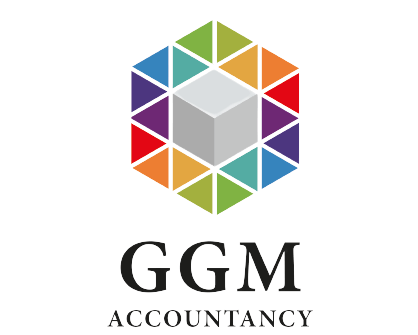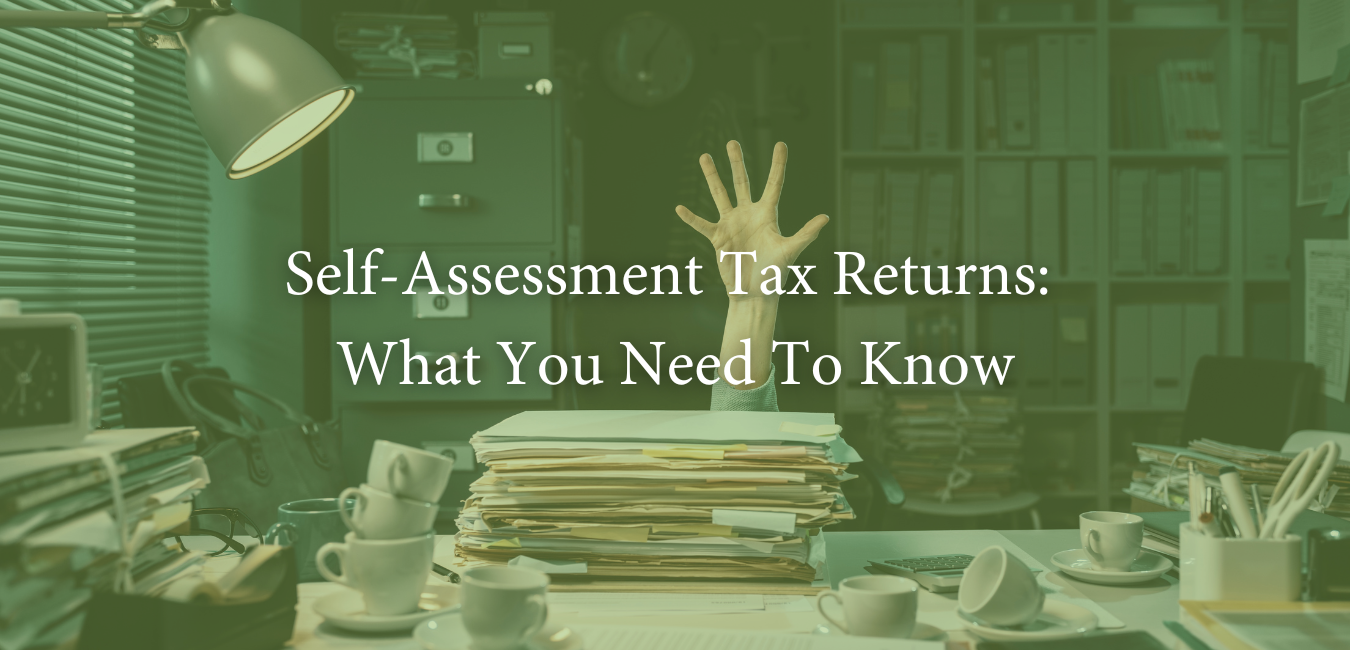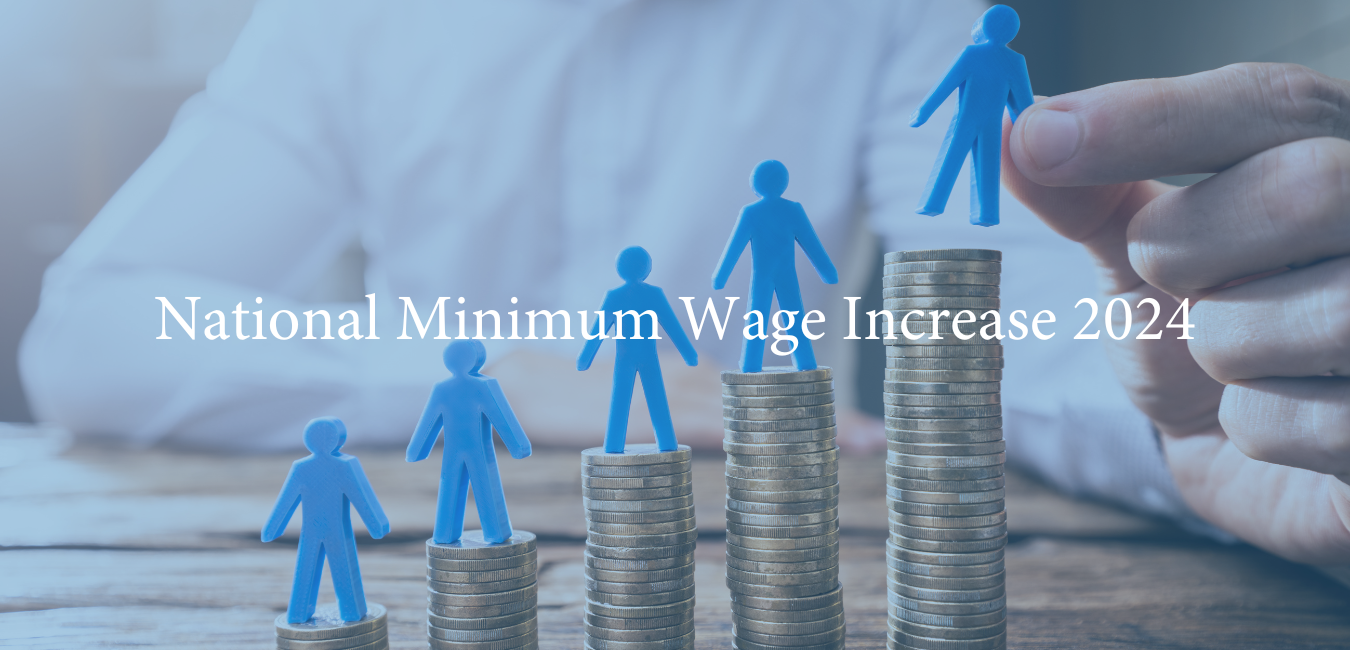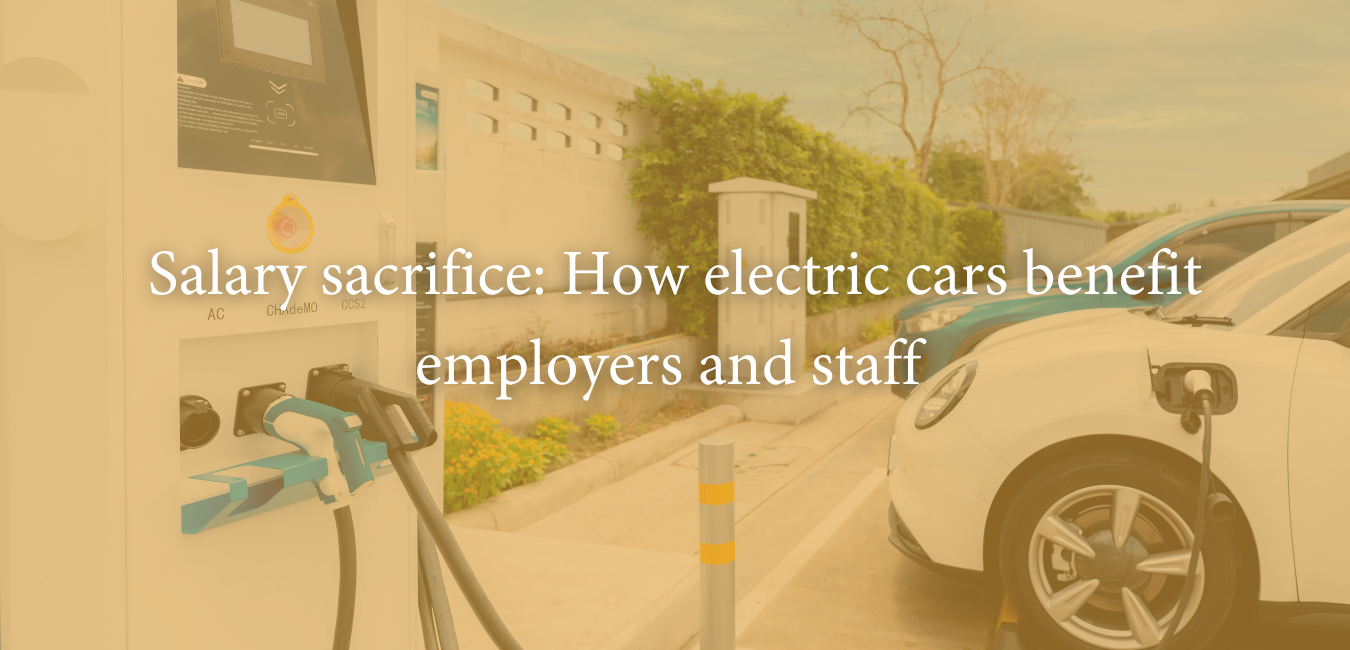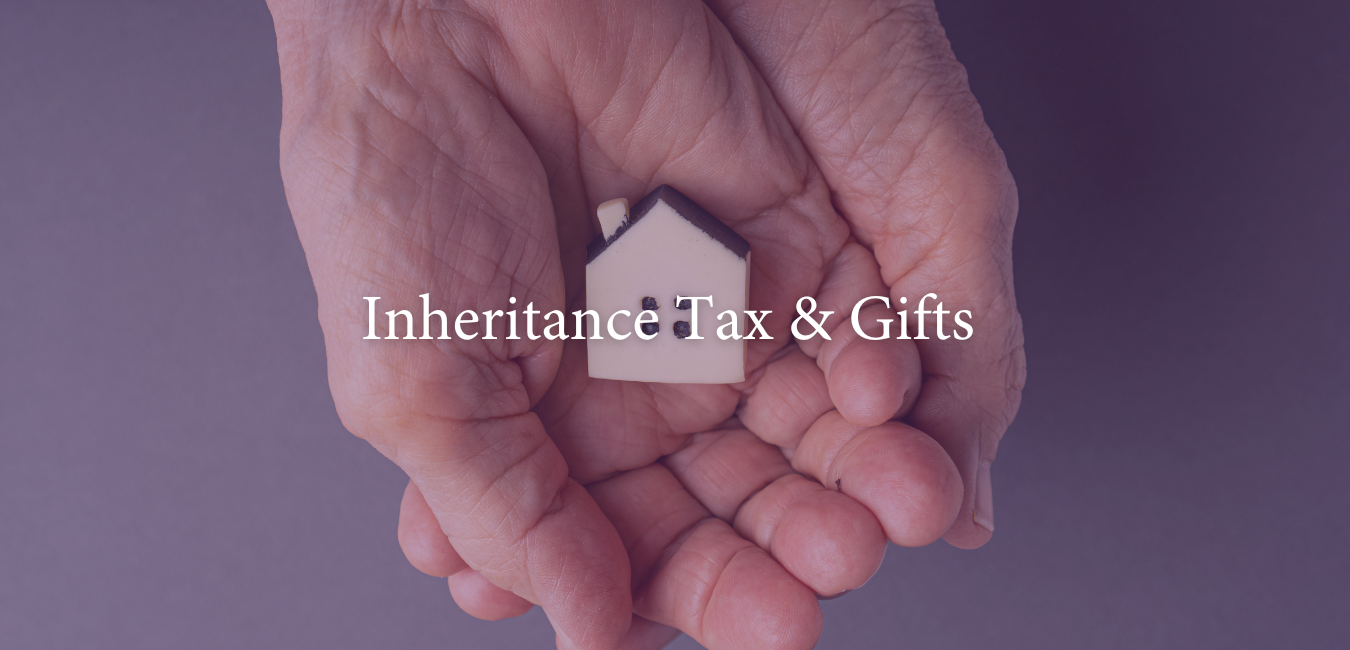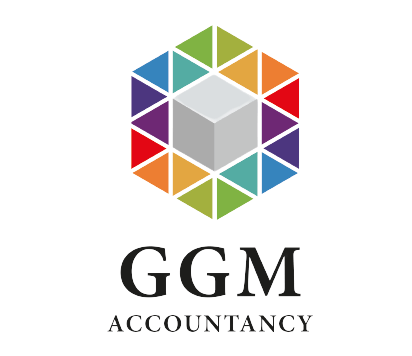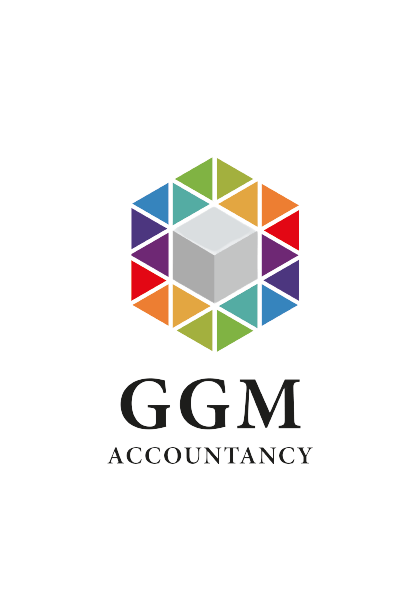Self-Assessment Tax Returns: What You Need To Know
Self-Assessment Tax Returns
One of the most important dates to remember if you’re self-employed or run your own business is the Self-Assessment tax return deadline.
A Self-Assessment tax return can look daunting. But if you’re prepared, organised, and understand what you’re being asked for, it’s a lot simpler than it looks.
If you're filing your tax return online for the year 2022-2023, it must be submitted to HMRC by midnight on 31st January 2024. You'll also need to pay any tax you owe by this date, including the first instalment of any payments on account for the 2023-2024 tax year and any balancing payments owed from 2022-2023.
What is a Self-Assessment?
Self-Assessment is the tax return process for self-employed people, it’s how self-employed people and individuals report their income, capital gains and expenses to HMRC. The information submitted is then used by HMRC to calculate tax liability to ensure that the right amount of income tax and National Insurance contributions are being paid.
Who needs to submit a Self-Assessment?
If you’re a sole trader or in a business partnership, or if you’re a company director, then you’ll need to file a tax return to HMRC every year.
You might even need to complete a Self-Assessment return if you’re not self-employed. For example, if you earn money from renting out a property or if you have significant income from savings, investments, and dividends.
You can also fill in a Self-Assessment tax return if you want to make voluntary Class 2 National Insurance contributions. This will help you qualify for benefits such as the State Pension.
From April 2024, if you’re self-employed, you will no longer need to pay Class 2 National Insurance contributions when you complete your taxes.
Sole trader Self-Assessment
If you're a sole trader, you’ll declare your business earnings and allowable expenses on your Self-Assessment, as your business isn’t a separate legal entity.
Paying tax as a Limited Company
Limited companies and limited liability partnerships are separate to you personally and taxed through a company tax return. But you’ll still usually have to send a personal tax return, including your salary and dividends received through the company.
HMRC says that you need to send a tax return and pay your bill through Self-Assessment if in the last tax year, you were:
- a self-employed sole trader earning more than £1,000
- a partner in a business partnership
You’re classed as self-employed if you run your business yourself and are responsible for its success or failure.
When do you need to submit by Self-Assessment by?
The Self-Assessment tax return deadline is on 31 January each year. This means that the deadline for filing your 2022-23 taxes is by midnight on 31 January 2024. This is also the deadline for paying any tax owed for the previous tax year (and your first instalment of payment on account).
Payment on account
Payment on account is due in two instalments across the year. The first payment is due on 31 January and the second payment on account deadline is 31 July.
Payment on account applies to you if your Self-Assessment tax bill was more than £1,000 when you submitted your tax return for the period.
* most self-employed people usually need to make a payment on account – so make sure you have enough set aside.
If you submit your Self-Assessment earlier, do you have to pay straight away?
The date you submit your Self-Assessment doesn’t affect the payment deadline, so filing your tax return earlier in the year doesn’t mean you need to pay your bill earlier, too. Unless of course, you want to.
What documents do you need for your Self-Assessment?
It’s important to keep good records throughout the year. Not only does this make filling in your return easier, HMRC may check your return after you’ve filed and ask to see your records. You’re required to keep your records for five years after the 31 January deadline.
You’ll need details of:
- employment income
- dividends
- partnership income
- interest
- rental income
- foreign income
- pension contributions
- Gift Aid
- payment on account
- redundancy lump payment or unemployment benefit
- P11D
- capital gains
- reliefs
- allowances
- benefits
The different expenses you can include if you’re self-employed are:
- cost of stock bought for resale
- cost of equipment used at work
- wages, salaries and other staff costs
- payments to subcontractors (if you work in the construction industry)
- vehicle and travel expenses
- work building costs (including rent, power and insurance)
- repairs and maintenance for work buildings and vehicles
- office costs (including internet access, phones and stationery)
- advertising and business entertainment costs
- interest on loans
- bank, credit card and other financial charges
- accountancy, legal and other professional costs
How to pay
The quickest way to pay your tax bill is using the HMRC app.
Other ways to pay your tax bill:
- online bank account
- online or telephone banking
- CHAPS
- debit or corporate credit card online
- at your bank or building society
What if you file your Self-Assessment late?
You’ll pay a late filing penalty of £100 if your tax return is up to 3 months late. You’ll have to pay more if it’s later or if you pay your tax bill late, and you’ll be charged interest on late payments.
What if your payment is late?
If you don’t pay tax (and don’t set up an HMRC Time to Pay arrangement) you’ll get penalties.
Example of Self-Assessment penalties include:
- if you haven’t paid after 30 days – five per cent of the outstanding tax plus interest
- if you haven’t paid after six months – another five per cent plus interest
- if you haven’t paid after 12 months – again, five per cent plus interest
You can use an HMRC tool to estimate late Self-Assessment penalties.
HMRC can also take enforcement action to get the tax owed. The tax authority might take you to court, collect money directly from your bank account, or use debt collection agencies.
What if you can’t pay your tax bill
If you don’t think you can pay your Self-Assessment tax bill by 31 January, you may be able to set up an HMRC payment plan yourself using HMRC Time to Pay.
If you’re facing financial hardship or personal difficulty, you might be able to pay your tax in instalments, but these are an advance on your next tax bill. Once you've filed your first tax return, you can set up a budget payment plan to pay your tax bill in weekly or monthly instalments. But you must be up to date with your Self-Assessment payments.
How do I set up a HMRC payment plan?
You can set up a Self-Assessment Time to Pay plan yourself online, if you owe up to £30,000.
You can spread your payment over 12 months by Direct Debit. You need to:
- have no outstanding tax returns
- have no other tax debts
- have no other HMRC payment plans set up
- set up the Self-Assessment payment plan no later than 60 days after the deadline
How we can help
Completing and submitting your return can be a time-consuming process and it’s much easier to have an accountant in your corner to do the legwork.
GGM Accountancy are Self-Assessment experts! As an existing GGM client, we’ll ensure that your return is completed correctly and submitted on time, reducing the risk of HMRC investigations, errors, and penalties.
If you have any queries about your self-assessment tax return you can speak to one of our accountants today by calling our office on 01733 247 500.
Menu
Get In Touch
Tel: 01733 247500
Email: admin@ggmaccountancy.co.uk
Office: Unit 12, Broadway Shopping Centre
Malting Square, Yaxley, Peterborough
PE7 3JJ
Sign Up To Our Newsletter
Contact Us
We will get back to you as soon as possible
Please try again later
Proud Partners Of
Menu
Get In Touch
Tel: 01733 247500
Email: admin@ggmaccountancy.co.uk
Office: 42 Tyndall Court, Commerce Road
Lynch Wood, Peterborough, PE2 6LR
Follow Us On Social Media
Sign Up To Our Newsletter
Contact Us
We will get back to you as soon as possible
Please try again later
All Rights Reserved | GGM Accountancy Ltd | Website designed by Onelink Media
